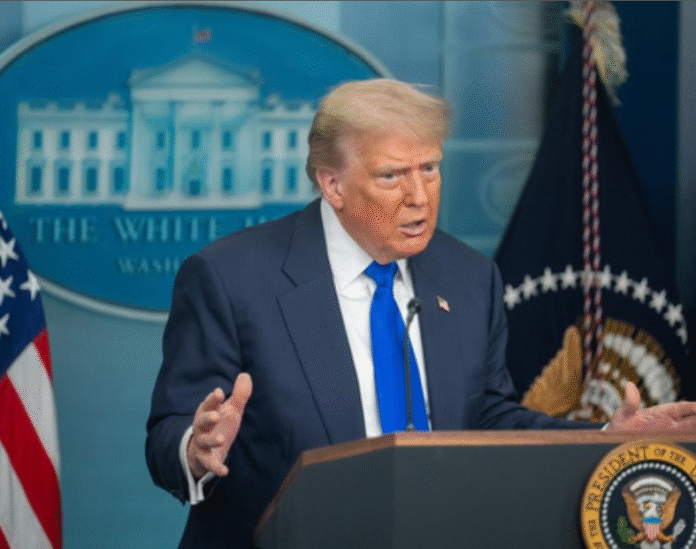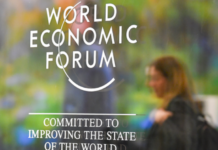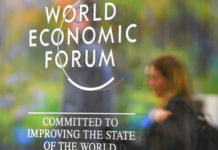New York— In a major policy reversal aimed at easing consumer prices, US President Donald Trump on Friday announced the removal of tariffs on a range of food imports — a move that could significantly benefit India’s mango, pomegranate, tea, spice, and tropical fruit exporters.
According to a White House factsheet, tropical fruits and juices, tea, spices, coffee, cocoa, oranges, tomatoes, and beef are among the products exempted from reciprocal tariffs. The announcement comes at a time when “affordability” has emerged as a central issue for American voters, shaping recent election outcomes.
Tariff Rollback Comes Amid Political Pressure Over Soaring Food Prices
Trump had earlier imposed 25 per cent reciprocal tariffs on Indian imports, along with an additional 25 per cent punitive tariff over India’s purchase of Russian oil. Combined with inflationary pressures, the tariffs had led to sharp increases in the prices of everyday essentials in US grocery stores.
According to the September Consumer Price Index, prices of roasted coffee rose by 18.9 per cent, while beef and veal increased by 14.7 per cent. Indian-origin spices and packaged foods reportedly became 30 per cent costlier in speciality Indian stores across the US.
The President had already exempted generic medicines from tariffs earlier this year — a step that benefited India, which supplies nearly 47 per cent of all generic drugs prescribed in the US.
But amid growing voter frustration over the cost of living, the latest decision marks one of the administration’s strongest efforts to counter the “affordability” narrative gaining traction among Democrats.
Affordability Becomes a Defining Political Battleground
Recent election results in New York City, New Jersey, and Virginia indicated that the Democrats’ emphasis on affordability resonated with voters worried about day-to-day expenses, contributing to their victories.
An NBC News poll released this week showed 63 per cent of registered voters felt Trump had fallen short of expectations on economic issues and the cost of living — including 30 per cent of Republican voters.
Trump dismissed these concerns as a “con job” orchestrated by Democrats, pointing to lower energy and petrol prices under his administration and arguing that inflation under former President Joe Biden had once surged to 19.7 per cent. While inflation has slowed, it remained at 3 per cent in September, still above pre-pandemic levels.
India Among the Potential Big Winners
The tariff rollback opens new possibilities for India, particularly for agricultural and plantation commodities:
-
Mangoes and pomegranates, whose export corridors have been growing steadily since the US first opened the market in 2006,
-
Tea, whose rising import duties had made Indian varieties less competitive,
-
Spices, which saw steep price hikes in the US retail market.
Indian mangoes hold a special diplomatic symbolism, having been referenced even in official joint statements between Prime Minister Narendra Modi and President Trump during Trump’s visit to India.
The joint statement at the time noted:
“India also expressed appreciation for US measures taken to enhance exports of Indian mangoes and pomegranates to the United States.”
With the latest tariff relaxation, India may now find renewed momentum in its agricultural exports to the US market.
A Trade Boost in the Making
While the broader geopolitical and tariff battles between the two nations continue, Friday’s announcement signals a recalibration — one driven as much by domestic voter sentiment as by trade strategy.
For Indian exporters, particularly in the fruit, spice, and tea sectors, the move may unlock significant gains in one of the world’s most lucrative markets. (Source: IANS)













